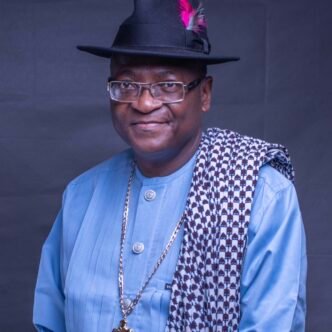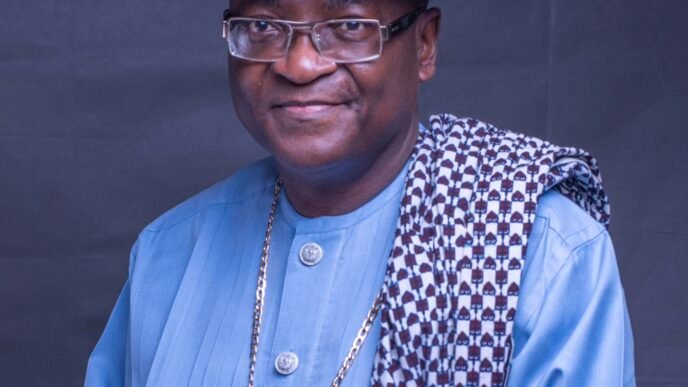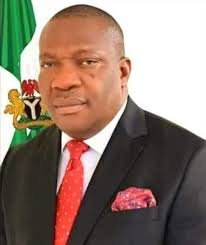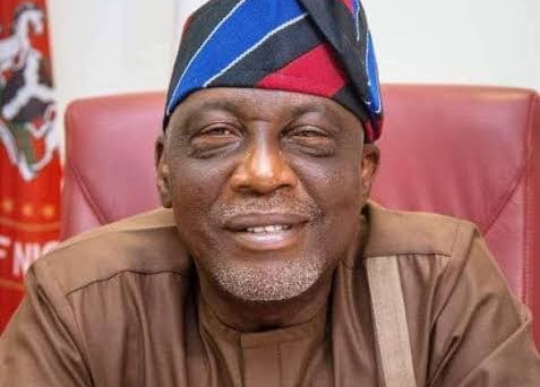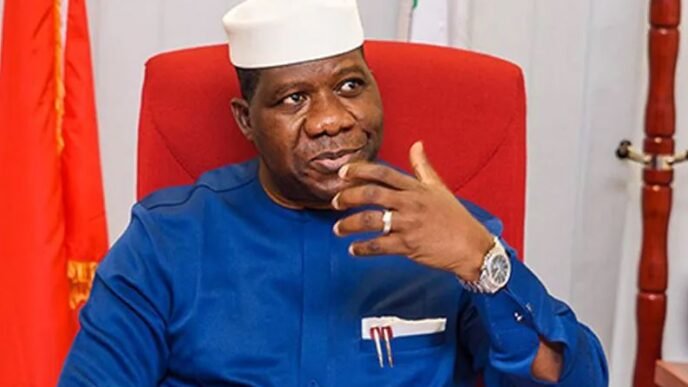Bill Sponsor: Hon. Ojema Ojotu. Bill Progress: First Reading.
In recent developments within the Nigerian House of Representatives, a significant legislative proposal has been introduced, aiming to establish a dedicated institution for fisheries and aquaculture in Agatu. This proposal, known officially as the Fisheries and Aquaculture Institute, Agatu (Establishment) Bill, 2025—designated as HB.2470—seeks to address the burgeoning needs and potential of the fishing and aquaculture sectors in Nigeria.
The bill marks an important step towards enhancing the livelihoods of those engaged in these vital industries, which have historically been a cornerstone of sustainable development in many coastal and inland communities across the nation. Recognizing the untapped potential in Nigeria’s vast aquatic resources, the establishment of a specialized institute could foster education, research, and innovation in fisheries and aquaculture practices.
As the bill progresses, it is anticipated that the next significant milestone will be the Second Reading, where the general principles and objectives of the legislation will come under scrutiny. This stage is critical as it provides an opportunity for representatives to assess the relevance and impact of the proposed institute, examine its potential benefits, and address any concerns raised by stakeholders in the industry.
The importance of establishing a Fisheries and Aquaculture Institute cannot be overstated, especially in a country like Nigeria, where the fishing industry plays a crucial role in food security, employment, and economic growth. With an increasing global demand for fish and seafood products, there is an urgency to enhance local capacity through education and research. Such an institute would not only serve to bolster academic knowledge but also facilitate the transfer of technology and best practices to practitioners in the field.
Moreover, a dedicated institution could significantly contribute to the sustainable management of Nigeria’s fisheries resources. By promoting responsible fishing practices and aquaculture methods, the institute would help mitigate the challenges associated with overfishing, habitat destruction, and the effects of climate change on aquatic ecosystems. Educational programs and resources developed through the institute could empower local fishers and aquaculture producers with the skills and knowledge needed to operate sustainably and competitively in both national and international markets.
In addition to bolstering sustainability, the proposed institute could become a hub for innovation in aquaculture research. As the demand for sustainable seafood continues to rise, the Nigerian aquaculture sector has the potential to expand significantly. The institute could play an integral role in developing new technologies, optimizing production methods, and enhancing the quality of aquaculture products. Research conducted within its walls could lead to breakthroughs that not only benefit local operators but also contribute to global knowledge in the field.
The establishment of the Fisheries and Aquaculture Institute aligns with broader national policies aimed at fostering economic diversification and reducing dependency on oil revenues. By investing in sectors such as fisheries and aquaculture, Nigeria can create new job opportunities, stimulate rural development, and enhance its overall economic resilience. This legislative proposal comes at a time when there is a critical need for new directions in policy to ensure sustainable economic growth.
Furthermore, the benefits of such an institute would extend beyond economic factors. Training and education in responsible fishing and aquaculture practices can lead to improved livelihoods for local fishing communities. By equipping individuals with the necessary skills, the institute can help elevate living standards, empower women and youth involved in the sector, and ultimately contribute to poverty alleviation in rural areas.
However, while the prospects of the Fisheries and Aquaculture Institute are promising, it will be essential for its proponents to engage with key stakeholders throughout the legislative process. Input from industry leaders, community representatives, and environmental organizations will be crucial in shaping a bill that addresses the multifaceted challenges facing Nigeria’s fisheries and aquaculture sectors. Public consultations and collaborations will foster transparency and ensure that the initiatives undertaken by the institute reflect the needs and aspirations of the communities it aims to serve.
As the House of Representatives prepares for upcoming discussions on HB.2470, there is hope that the institution will pave the way for improved practices and policies within the fisheries and aquaculture sectors. By focusing on education, sustainable practices, and research, the Fisheries and Aquaculture Institute could play a vital role in harnessing Nigeria’s rich aquatic resources for generations to come. The legislative journey of this bill will be closely monitored, as its success could signify a transformative step for fisheries management and aquaculture development in Nigeria.





